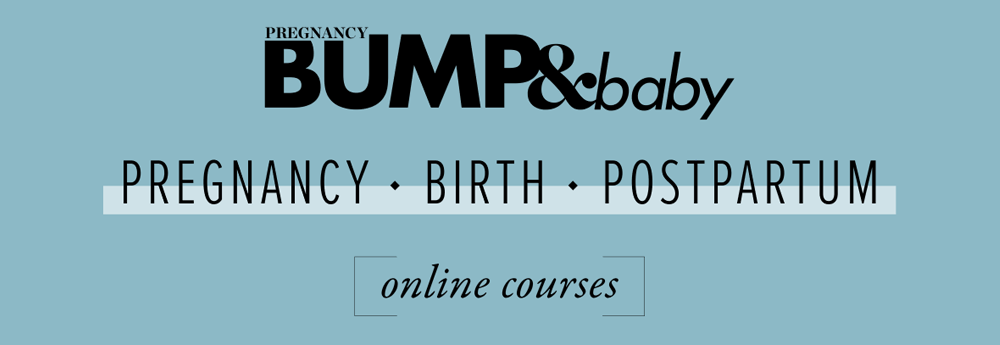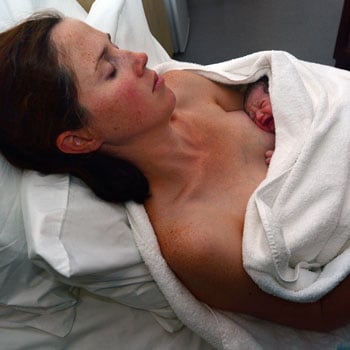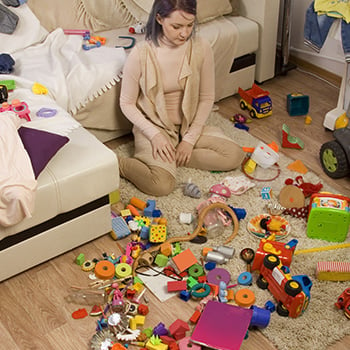When you’re a breastfeeding mum, it’s important to make time for your own nutritional needs, says nutritionist Angela Phillips.
As busy mums, we put a lot of time into thinking of other people’s needs. Feeding our little ones is important and takes a lot of thought and energy, but it is equally important to put effort into thinking about your own diet, so you can do the best possible job as a mum.
Prioritise regular meals
A common trend I see with mums of littlies is lack of meal structure and over-snacking. For some, this results in losing excess weight, and for others, weight gain. For anyone, it often results in poorer overall nutrition quality. Missing meals is a dangerous trap and can lead to tiredness, over-hunger, and poor decision-making around food. Here are some tips to help with ensuring regular meals:
- Plan your meals in advance – including snacks – and keep the plan on the fridge.
- Online grocery shopping is an easy way to keep cupboards stocked, or use a service like My Food Bag to avoid having to think of what to make.
- If you struggle to eat breakfast due to lack of to appetite or time, try a smoothie or yoghurt with a handful of oats stirred in.
- Cook enough dinner to allow for leftovers for either lunches or dinners.
- Have a variety of food options available to keep lunches interesting.
- Keep some easy dinners on hand that can be thrown together last minute, as well as a frozen meal or two in the freezer for “one of those days”.
- Use a slow-cooker. On a busy day, dinner can be as simple as putting in some chicken pieces and pouring canned tomatoes on top!
Losing weight to quickly?
If the demands of breastfeeding result in you losing weight too quickly, or your body weight drops below your ideal, you will need to work on boosting your food intake: • Ensure you are eating three meals plus two to three snacks per day.
- Boost your meals by adding oils, nuts, seeds, cheese, dried fruit, etc.
- Try a supplement shake such as Complan.
- Use plenty of avocado, spreads, and dressings.
- Avoid hot drinks, or drinking excessive fluids around meal times, as they may suppress your appetite.
- If you’re very tired in the evenings, consider having your main meal at lunch.
- Have milky drinks between meals, such as Milo, hot chocolate, or a chai latte.
Struggling to lose pregnancy weight?
It’s important to nd the balance between eating to reach your healthy weight, and eating to get enough calcium, iron, and other important nutrients. Continue to eat a well-balanced diet, and:
- Try to match food to hunger levels. Ask yourself, “Am I really hungry?” before having a snack, as tiredness, boredom, and stress often trigger the desire to eat.
- Drink plenty of uids as, at times, thirst can be mistaken for hunger.
- Exercise regularly, and if you struggle to nd the time, try “exercise snacks” – five- to 10-minute blocks of exercise throughout the day.
- As above, plan meals and snacks.
- Packing a lunchbox can be helpful if you’re home a lot and nd yourself looking in the pantry often during the day.
- Chat to a dietitian/nutritionist to get an individualised plan.
How do your food choices impact your baby?
It’s amazing to think that breast milk can provide enough nutrients for your baby to develop and grow. Most mums are aware that they need to optimise nutrition to meet their baby’s needs on top of their own, but it is also important to understand that the food you eat can impact your baby in other ways.
There is evidence to show that food choices can make a difference to things like whether your baby suffers from colic, and a small, unpublished Australian study showed that a low-FODMAP diet reduced baby’s crying by, on average, one hour per day. Always talk to a dietitian before trying this or any other “food interventions”.
If your baby has an allergy, the allergen may pass from your diet into your breast milk. Depending on the severity of the allergy, you may need to eliminate that allergen from your diet. Discuss this with your GP or dietitian.
There is significant research investigating the impact that good bacteria can have on our overall health. Breast milk is teeming with good bacteria, so keep those goodies coming!
BUMP&baby
BUMP & baby is New Zealand’s only magazine for pregnancy and early babyhood. Our team of mums and mums-to-be understand what it’s like to be pregnant in this connected age, and that’s why BUMP & Baby online is geared toward what pregnant women and new mums really want to know.
Other articles of interest
Giving birth naturally — your way
With all of the birth techniques available, how do you know which one is right for you?
Beyond the baby blues
It’s normal to feel a bit down following childbirth. But what if your feelings don’t improve, or you aren’t coping? You may have postnatal depression, also known as PND








